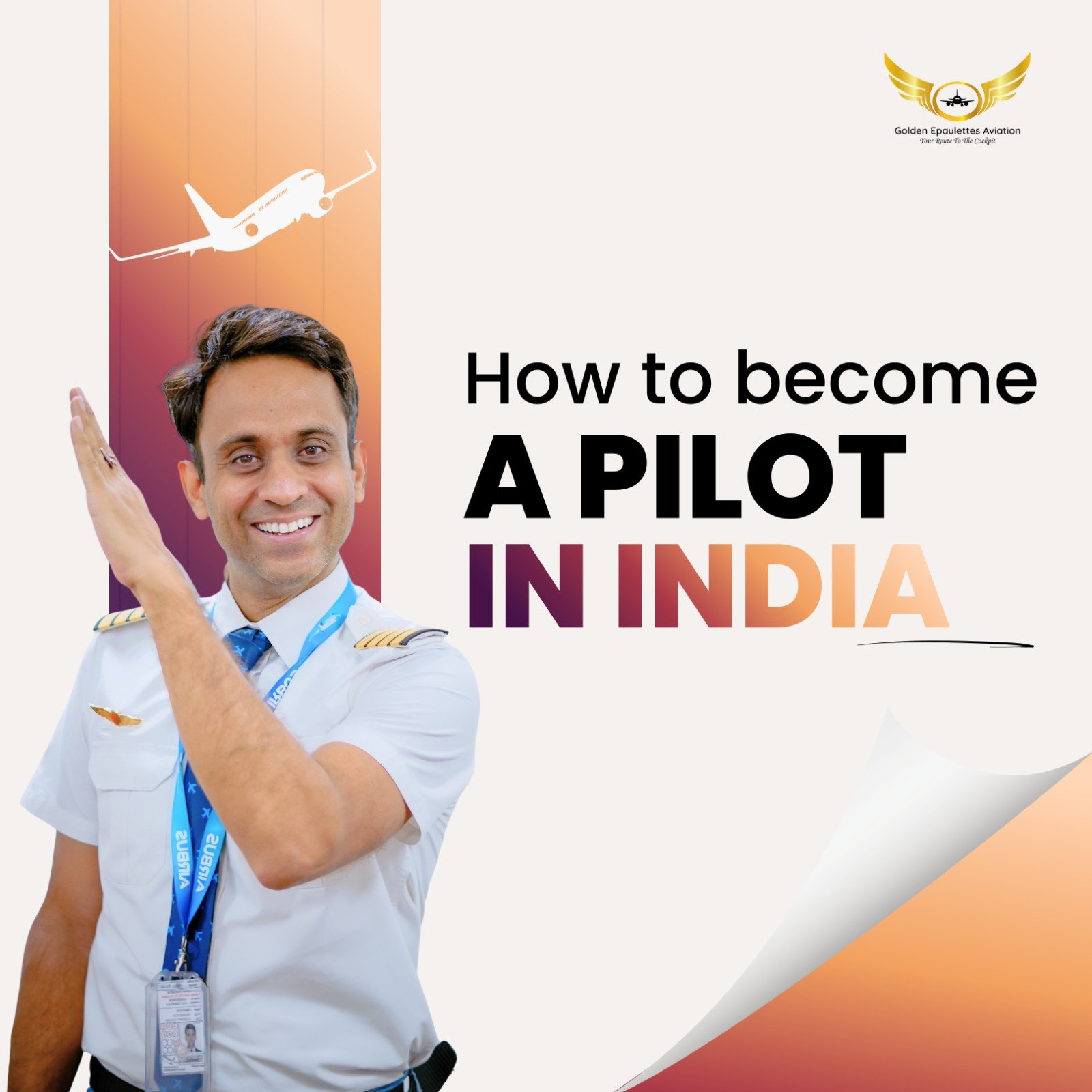Content will be added soon
Blog
•
13 Mar 2023
Skyborne Cadet Pilot Program Syllabus: Course Structure & Modules
Exploring the Different Exam Syllabus Required for the SkyBorne Cadet Pilot Program
R
Rohit
Author

